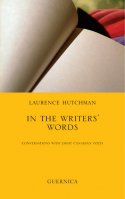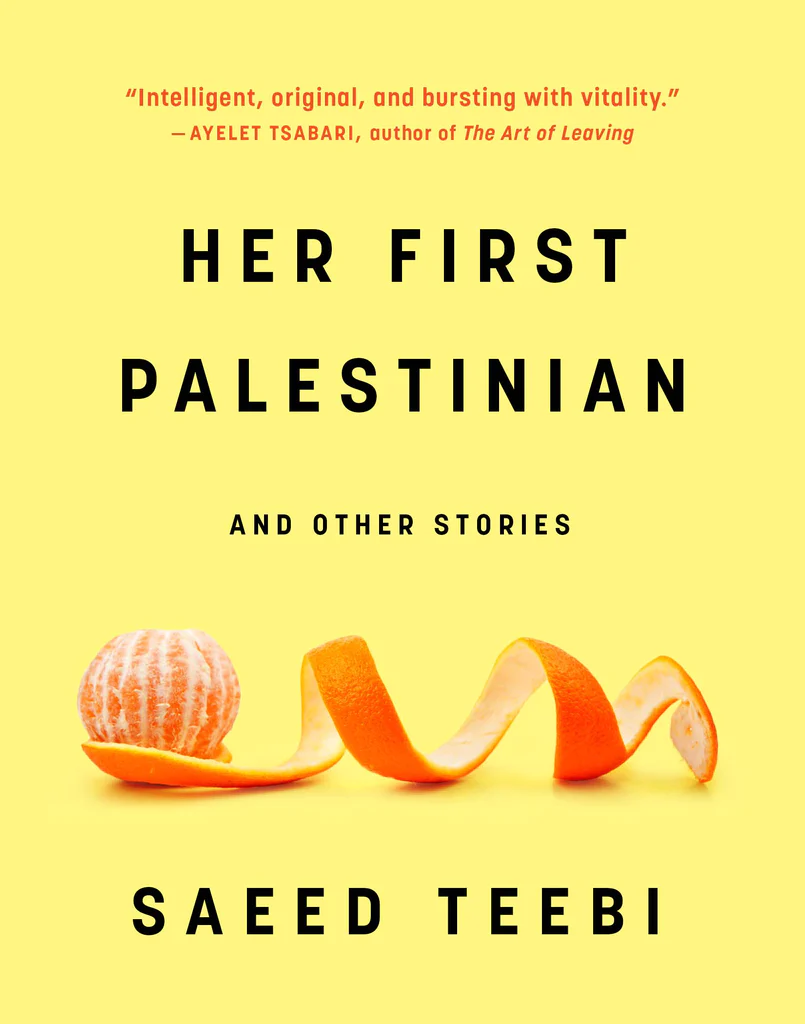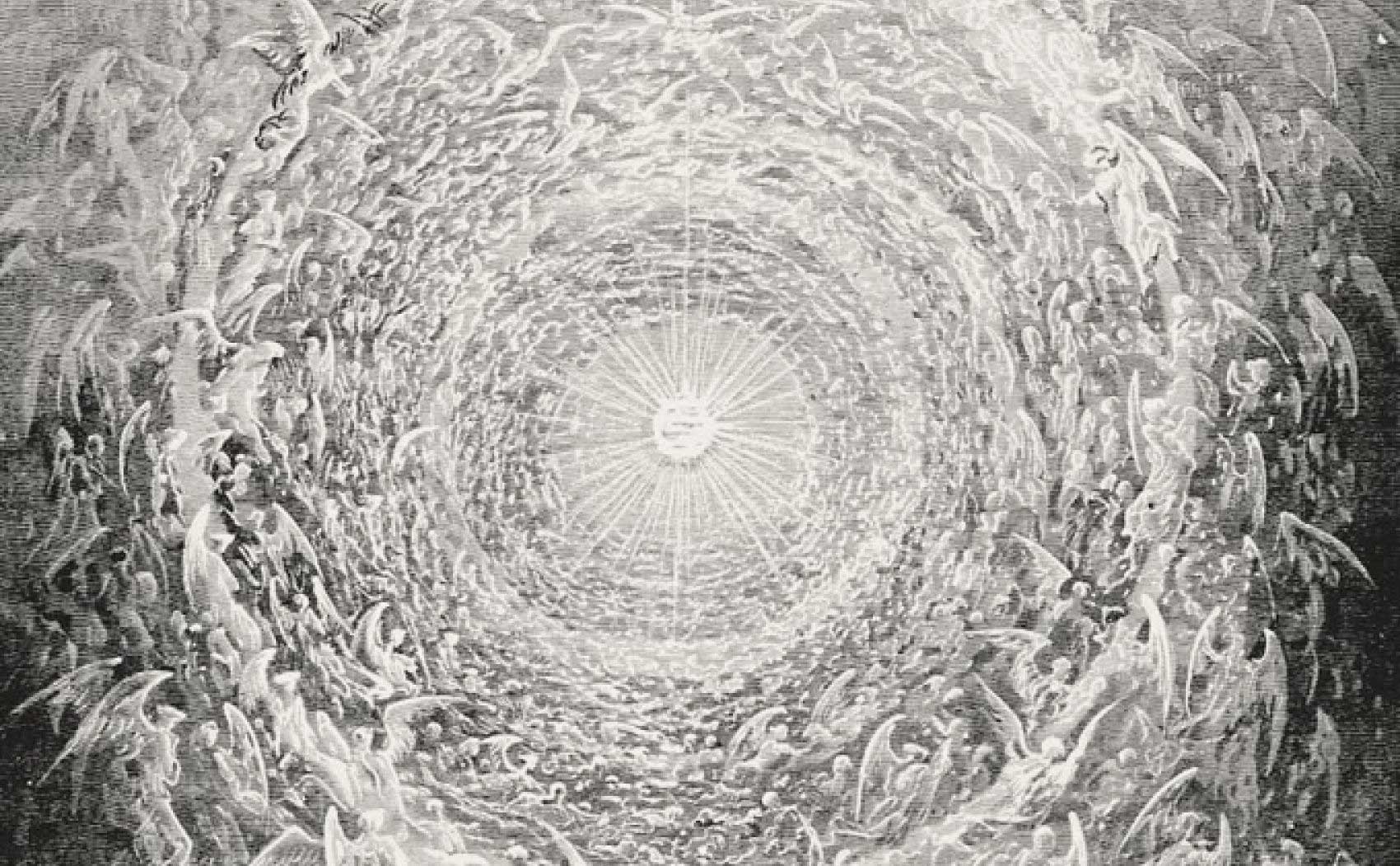IN THE WRITERS’ WORDS Conversations with Eight Canadian Poets, Laurence Hutchman, Guernica Press, Toronto-Buffalo-Lancaster (UK), 2011
The1950s in Canada were energized by a group of young poets who were on a mission to create a national literature. Their hard work and dedication, and not the least, their brilliant poetry, continue to have impact today. In the Writers’s Words records the literary experience and vision of Ralph Gustfason, George Johnston, P.K. Page, Fred Cogswell, Louis Dudek, Al Purdy, Anne Szumigalski, and James Reaney.
Poet and teacher, Laurence Hutchman, made it his mission in the 1990s to interview these senior writers in their homes. The intimate setting no doubt facilitated the “conversation.” Hutchman’s introductory description of their dwellings helps to further bring the poet’s character to life. This is what we find in this accessible book: a group of poets who wanted to share what mattered in their time, the creation of a poetry that was fresh and imaginative and could be called Canadian.
There is a cozy warmth in In the Writers’s Words, but also the snap and crackle of fire from these opinionated and well-connected authors. Al Purdy was humorous as he recalled his friendship with Milton Acorn, another major Canadian poet; Louis Dudek was cantankerous when discussing Marxism and how it had infiltrated all the universities and could lead to the “death of the author”; Anne Szumigalski expounded on the ills of feminism.
Though politics change, the time lapse doesn’t matter as much when Hutchman guided the poets back to their interest in language and craft. George Johnston, who taught Anglo-Saxon and Old Norse for thirty years at Carleton University, and became internationally known for his translation of The Faroese Islanders Sagas, stated: “I am interested in the syntax, that is, how words relate to one another. Translating forces you to get down to the exact relation of words.” And Anne Szumigalski, who emigrated from England to the prairies of Saskatchewan, and was a founding editor of Grain magazine. said that for her, punctuation was “the most difficult part of writing poetry.” Dudek, for his part, stated in a “for dummies” tone: “Unless you find the right word, you haven’t got a poem, everyone knows that.”
Louis Dudek, who returned from his studies at Columbia University in New York City to teach at McGill in 1951, was a leader in the creation of our national poetry. “It was not just for myself that I was going to do the work, but for this city and this country…I had studied modern poetry there (in New York City) …I was full of the sense of what the modern is, and the transformation that modernism must bring to poetry and to life. So I came back and a friendship was renewed with Irving Layton, and we began to publish together.” Dudek asserted that it was the launch of presses such as the McGill Poetry Series that established Canadian literature.
Fred Cogswell, born and based in New Brunswick, authored more than thirty poetry collections. He possessed extraordinary literary energy and published over 300 writers when he established Fiddlehead Poetry Books. Hutchman, who is himself the author of eight books of poetry, and teaches at the Université de Moncton, Edmunston Campus, New Brunswick, skillfully questioned Cogswell on the influence of rural life and his Acadian roots on his writings.
All the poets interviewed have something powerful to say about their relationship to poetry and Canadian literature. Al Purdy, who won the Governor General’s Award for his volume Cariboo Horses, and published over forty books of his poetry, along with essays and an autobiography, defended his style: “I have always been accused of being elegiac, and I guess I am. But it seems to me that elegiac quality is an area in which you can write very well because we mourn the past continually, I think.”
In the Writers’ Words should be accompanied by the reading of some, or all, of these writers’ poetry. On a personal note, as a young bright-eyed poet in the late seventies, I had the privilege to attend readings given by a few of these major poets including the gracious P.K. Page, who was the last of this group to pass away, in January, 2010.
When I reread “After Rain” in an anthology, I fell in love again with her words::
“The snails have made a garden of green lace:
broderie anglaise from the cabbages,
chantilly from the choux-fleurs, tiny veils –
I see already that I lift the blind
upon a woman’s wardrobe of the mind.”











